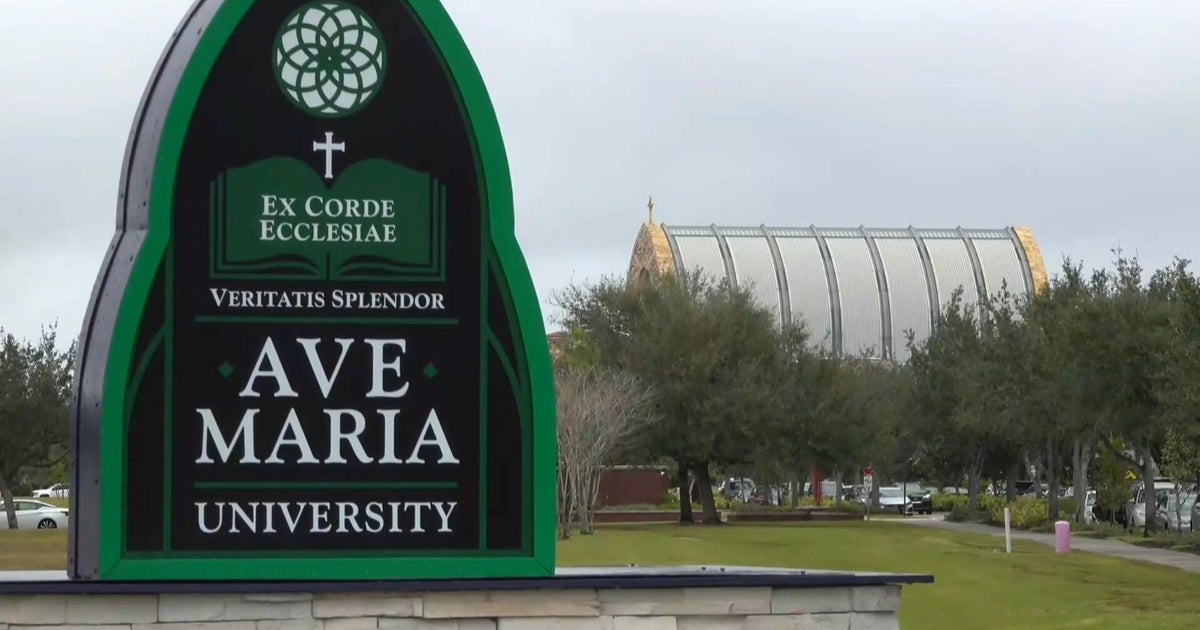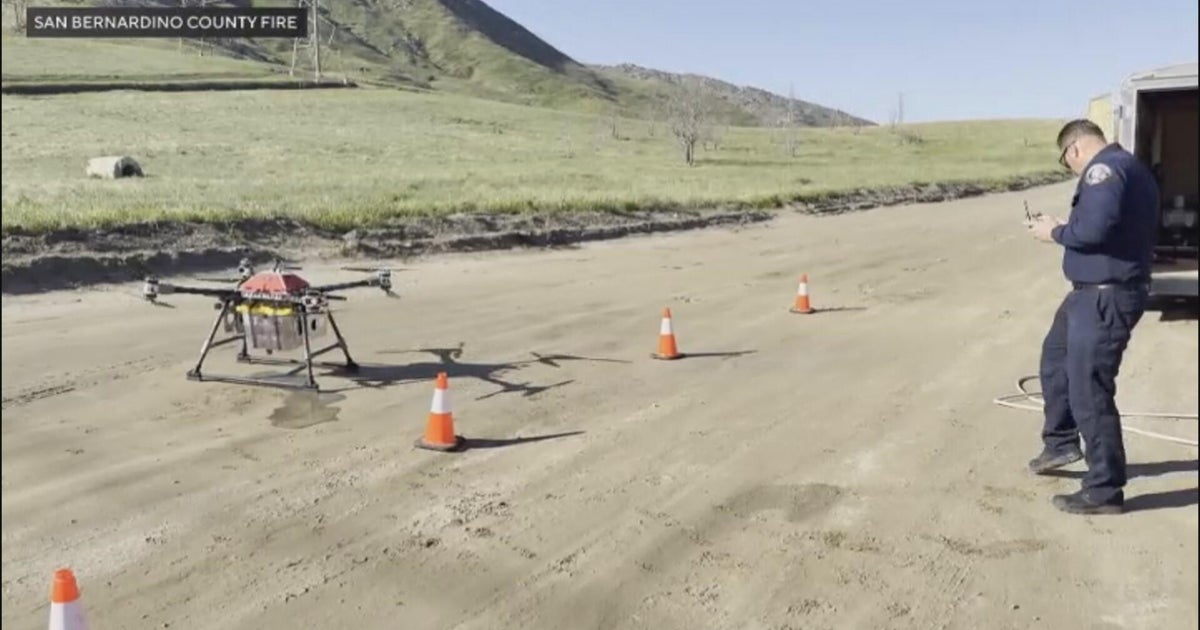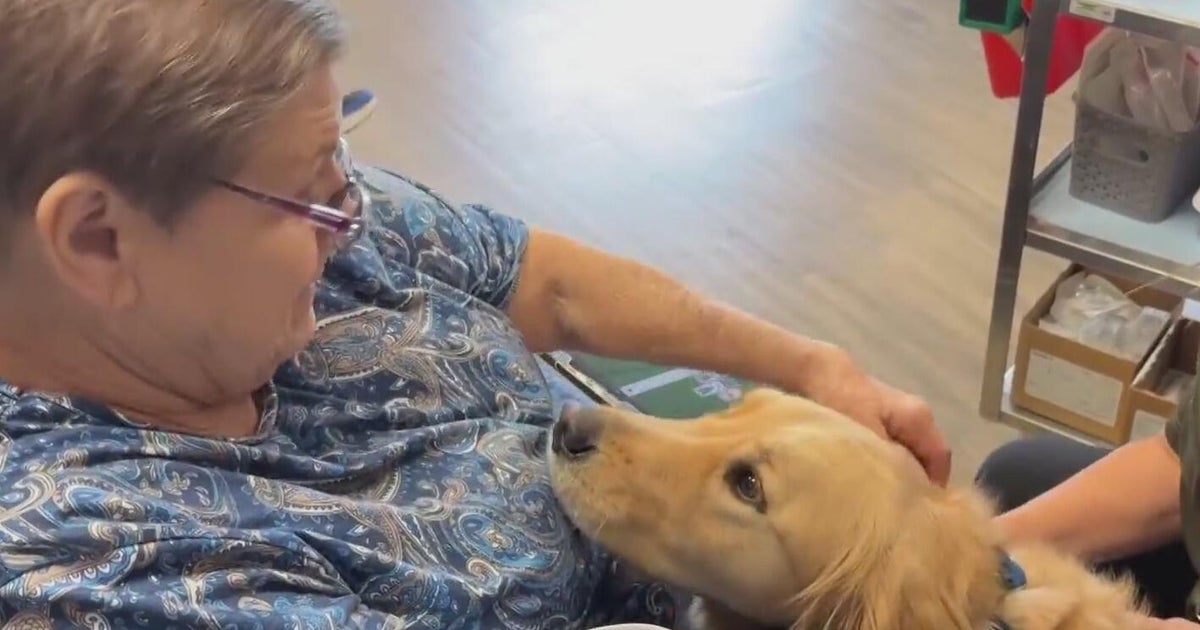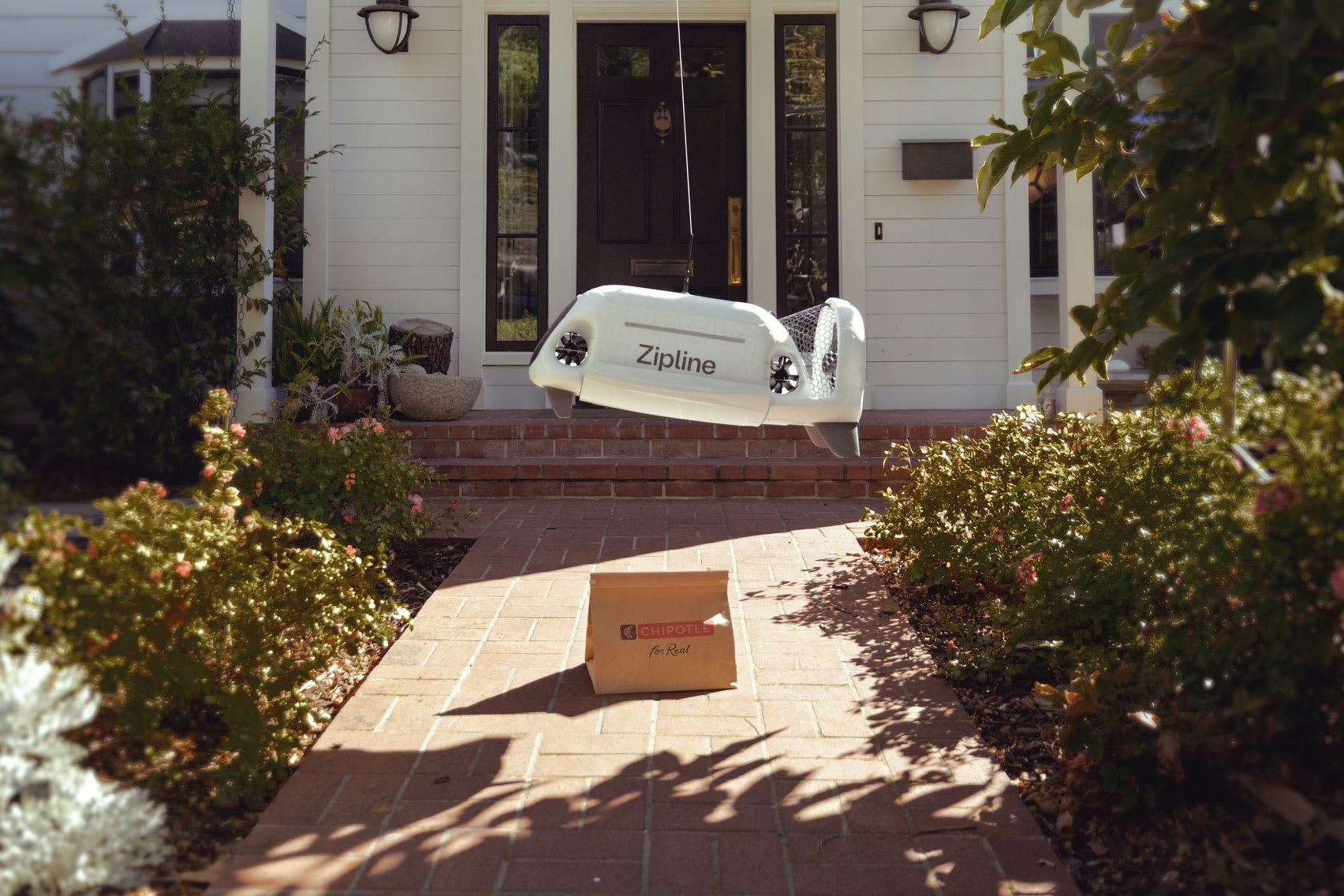First-of-its-kind drone program in North Carolina is helping diagnose patients faster
A North Carolina hospital is pioneering the use of drones to speed up the delivery of critical medical samples across WakeMed Hospital's campus. The first-of-its-kind delivery program in the U.S. -- a partnership with UPS -- carries a small cooler of medical samples to a lab three quarters of a mile away.
A trip that would take a person up to 45 minutes on foot takes less than four minutes with a drone. It's a race against time carrying medical samples, like blood, to a lab across WakeMed's sprawling one million square foot medical campus. The pioneering program is the brainchild of Dr. Stuart Ginn, a former United Airlines pilot, who saw a way to speed up diagnosing patients.
"We are interested in speed and reliability," Ginn said. "We're talking about shaving off 30 minutes to three hours easily, from our lab, end-to-end lab time."
That means faster results—and faster answers for his patients. To do it, WakeMed partnered with shipping giant UPS and drone-maker Matternet to launch the program in March. It's the first revenue-producing commercial drone flights approved by the FAA. Eight flights carry up to 200 samples a day.
"When we look at the turnaround times and how important it is to get blood work in and the results turned back around, it's a critical space," said Dan Gagnon, UPS' vice president of healthcare strategies.
Last month, the University of Maryland Medical Center completed the first organ donor drone delivery for a transplant, something that could make organ delivery safer and cheaper. But the FAA has been slow to regulate an industry that's already taking off fast. It's expected to hit $29 billion within eight years.
Google-backed Wing is the first company to receive FAA approval for drone delivery of goods to businesses and homes. The app-based service is already operating in Australia and soon in Finland. It will begin in Virginia later this year.
"We've never been able to receive goods that fast," said Mark Blanks, the director of Virginia Tech's drone program, which partnered with Wing. "The biggest challenge for drone delivery mainstream will probably be public acceptance to be honest … Now we need to talk to the communities and figure out how to integrate this in a way that's beneficial for everyone."
At WakeMed, Dr. Ginn believes these drones will soon fly between hospitals miles apart and one day become a link to remote rural hospitals.
"So maybe the patient doesn't even have to come here. And maybe they can be cared for at that smaller facility," Ginn said.
The three-year pilot program will test the integration of drones into the commercial airspace in Raleigh. But UPS thinks in the years to come, the program can be expanded to other hospital systems across the country.



